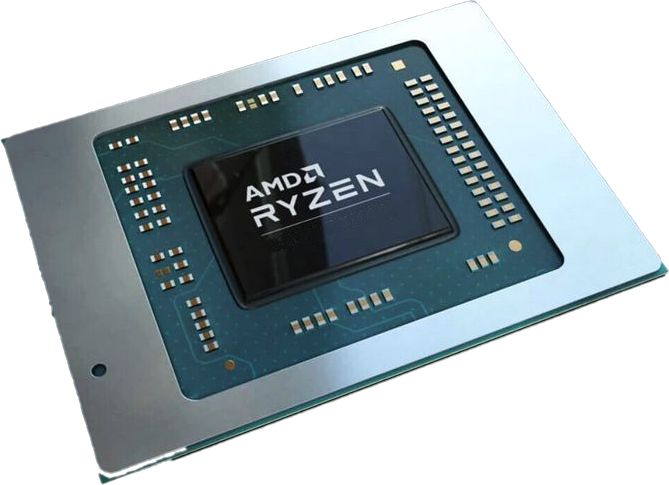AMD has released the AGESA V2 1.2.0.7 microcode, which is the basis for the latest BIOS updates coming to fix a stuttering and stuttering issue with Ryzen processors and the Windows 11 operating system. So, if you have one of these CPUs, stay tuned because you’ll probably be interested in it.
AMD AGESA V2 1.2.0.7 solves stuttering and jerk issues on Ryzen with Windows 11
One of the most controversial features of Windows 11 is the requirement to use a TPM module to increase security. This can be achieved in two ways, through a dPTM (discrete PTM), by plugging in a module that usually costs 50 to 100 euros, something that normal people will not do for obvious reasons, or through an fPTM, which is a PTM provided by the processor’s own firmware.
Of course, it’s normal not to spend the money on a discrete module. But with AMD Ryzen processors, a problem with fPTM causing stuttering has been known for months, which AMD already promised to solve with AGESA V2 1207. Finally, this microcode has been released.
What is being fixed is basically the excessive calls to the fPTM by the operating system. This was causing it to take up the time needed for other tasks, resulting in the aforementioned stuttering or jerking problems. These were completely random and not all users have been affected, but can generally be seen with Windows 11.
Update your BIOS if you have Ryzen and are using Windows 11 or will be using it!
Also, it looks like this AGESA V2 1.2.0.7 upgrade also includes official stable support to Ryzen 5000 processors on 300 series motherboards. That is, users who still have one of the early Ryzen motherboards (from 2017!) can use their Ryzen 5000 processor in a stable manner, backed by AMD, and without relying on the good faith of their board manufacturer.
Example of BIOS updated to AGESA V2 1.2.0.7, in this case for the ROG Strix X570-E Gaming motherboard.
And what about after the microcode release? It’s been a few weeks since AMD did it, so most manufacturers have released updated BIOSes for the AGESA V2 1.2.0.7 version. It seems that some are thinking about it, like ASRock, but most ASUS, Gigabyte, and MSI boards have already had an updated version for days now.
Finally, Ryzen users can enjoy Windows 11 without this performance problem. AMD has been working hard since the release of Ryzen to fix any stability issues that arise with its processors.
